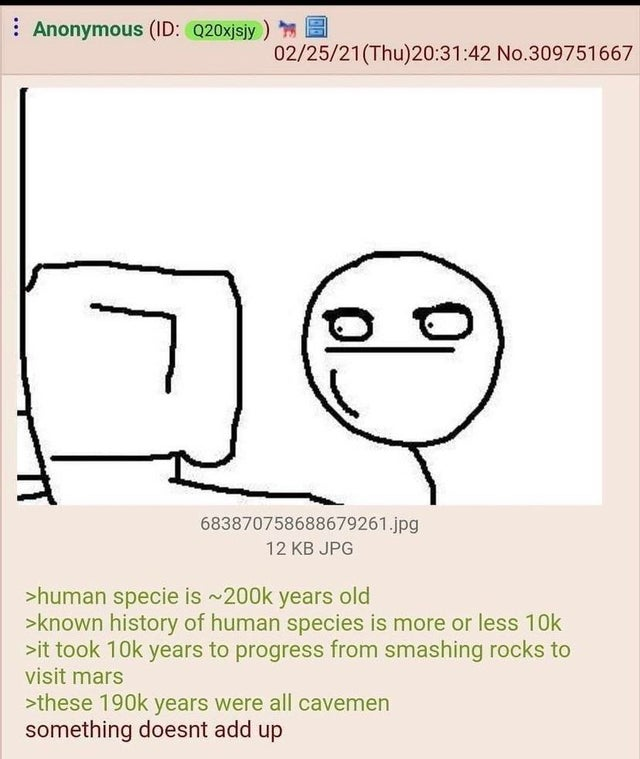"something doesn't add up"
yes it does. that's exactly what it is you're describing. all of it adding up. as always people struggle with exponential growth because it's not very intuitive.
my favorite way to demonstrate the unintuitive nature of exponential growth is this question:
there's a pond, and a lily pad on it. the number of lily pads double every day on the pond. so on day 1 there's one, day 2 there's two, and on day 3 there's four... etc.
if it takes 120 days for the pond to get completely covered in lily pads, what day was only half of it covered?
!the answer is 119.!<

